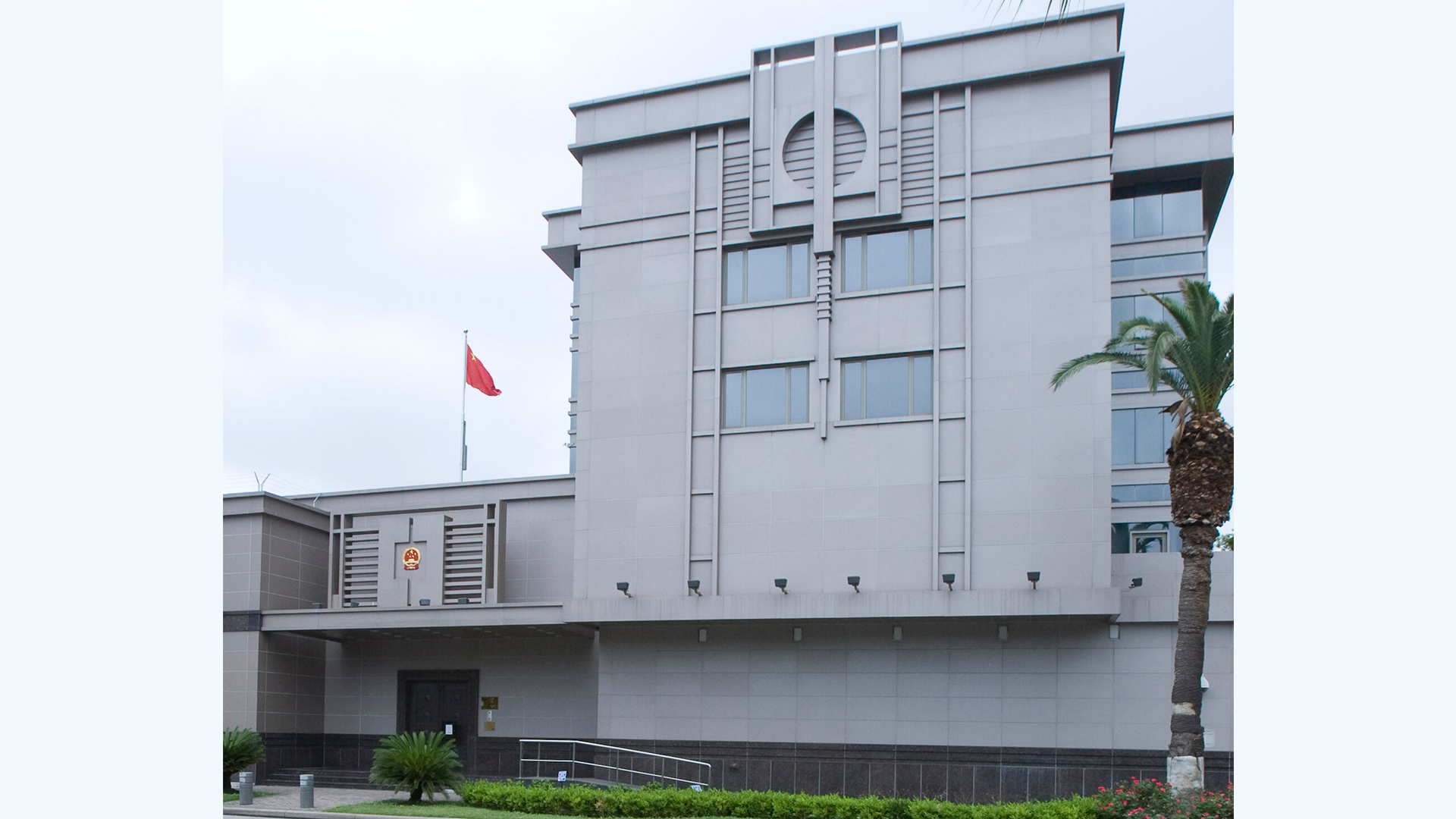4 years ago

In a development that indicates how the relationship between the two world superpowers is deteriorating, the United States has told China to close its consulate in Houston. A source said that Beijing was considering shutting the U.S. consulate in Wuhan in retaliation.
Washington “abruptly demanded” closure of the consulate on Tuesday, China’s foreign ministry said, calling the move an “unprecedented escalation”. The editor of an official Chinese media outlet said China had been given just 72 hours to comply.
The State Department said the move was made “to protect American intellectual property and Americans’ private information”. Beijing condemned the order and threatened retaliation, but did not say what measures it might take.
The deterioration comes in the run-up to the November U.S. presidential election, in which President Donald Trump and his Democratic rival, Joe Biden, have appeared to compete over who can look tougher in response to China.
Speaking on a visit to Denmark, U.S. Secretary of State Mike Pompeo repeated accusations about Chinese theft of U.S. and European intellectual property, which he said were costing “hundreds of thousands of jobs”.
While offering no specifics about the Houston consulate, Pompeo referred to a U.S. Justice Department indictment on Tuesday of two Chinese nationals over what it called a decade-long cyber espionage campaign that targeted defense contractors, COVID researchers and hundreds of other victims worldwide.
Republican Senator Marco Rubio, acting chairman of the Senate Intelligence Committee said the consulate was the center of a “massive spy operation.”
The New York Times quoted the top U.S. diplomat for East Asia, David Stilwell, as saying that the Houston consulate had been at the “epicenter” of the Chinese army’s efforts to advance its warfare advantages by sending students to U.S. universities.
Stilwell said China’s consul general in Houston and two other diplomats had been caught engaging in questionable activity past the security check area at Houston airport while awaiting takeoff of a charter flight to China.
He said the diplomats were escorting travelers to the gate area, and Air China had paperwork with false birth dates for the diplomats. China’s embassy in Washington did not immediately respond to a request for comment on those remarks.
Ties between the United States and China have worsened sharply this year over a range of issues, from the coronavirus and telecoms gear maker Huawei to China’s territorial claims in the South China Sea and its imposition of a new security law on the former British colony Hong Kong.
Late on Tuesday in Houston, firefighters went to the consulate after smoke was seen. Two U.S. government officials said they had information that documents were being burned.
Chinese Foreign Ministry spokesman Wang Wenbin said the consulate was operating normally, declining to comment further. “The unilateral closure of China’s consulate general in Houston within a short period of time is an unprecedented escalation of its recent actions against China,” Wang told a regular news briefing.
“We urge the U.S. to immediately revoke this erroneous decision. Should it insist on going down this wrong path, China will react with firm countermeasures.”
Rubio told Fox News the Houston consulate was “kind of the central node of a massive spy operation — commercial espionage, defense espionage.”
“They use businessmen as fronts in many cases to try to influence members of Congress and other political leaders at the state and local level. So it’s long overdue that it be closed.”
A U.S. government source familiar with law enforcement and intelligence operations related to China told Reuters some information which prompted the closure was classified, but some cases involving alleged Chinese spying in Houston were public. The source cited moves last year to fire scientists at a cancer hospital who were Chinese or had contacts with China.
A source with direct knowledge of the matter said China was considering closing the U.S. consulate in the central Chinese city of Wuhan, where the State Department withdrew staff and their families early this year due to the coronavirus outbreak that first emerged in the city.
China’s foreign ministry did not immediately respond to a request for comment on whether it would shut the consulate.
Daniel Russel, the chief U.S. diplomat for East Asia until early in the Trump administration, said the U.S. move was both dramatic and unprecedented, would bring retaliation by Beijing and further reduce diplomatic channels between the two sides.
Wang said the U.S. government had been harassing Chinese diplomats and consular staff for some time and “intimidating and interrogating Chinese students and confiscating their personal electrical devices, even detaining them”.
He said the United States had interfered with China’s diplomatic missions, including intercepting diplomatic pouches and confiscating Chinese items for “official use”.
The State Department did not immediately respond to a request for comment on the Chinese charges.